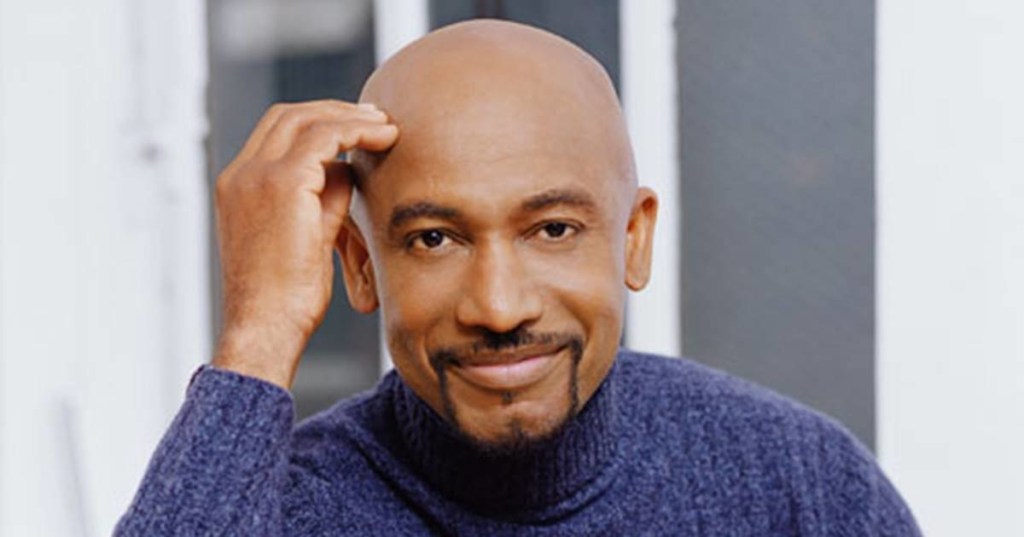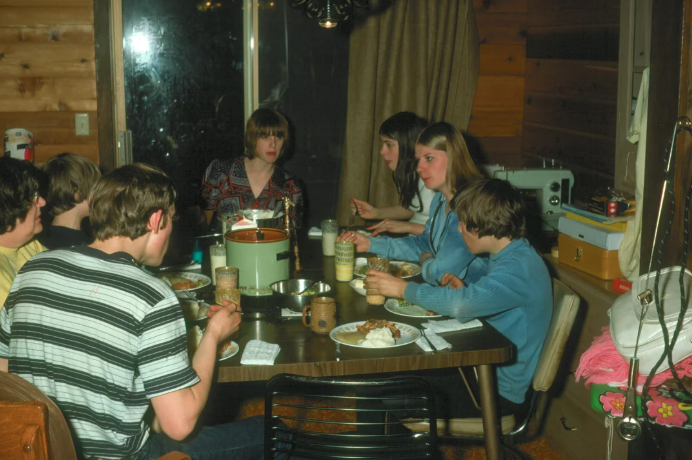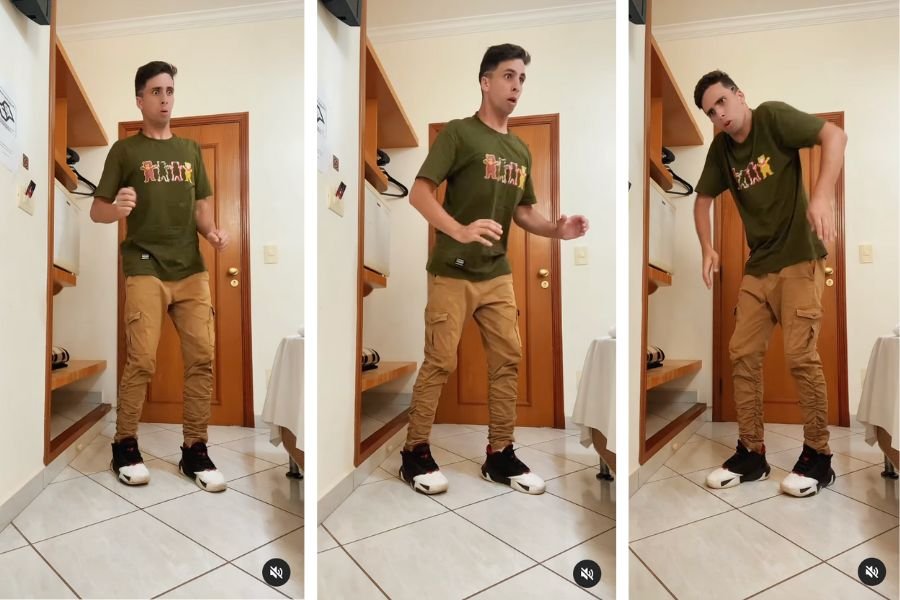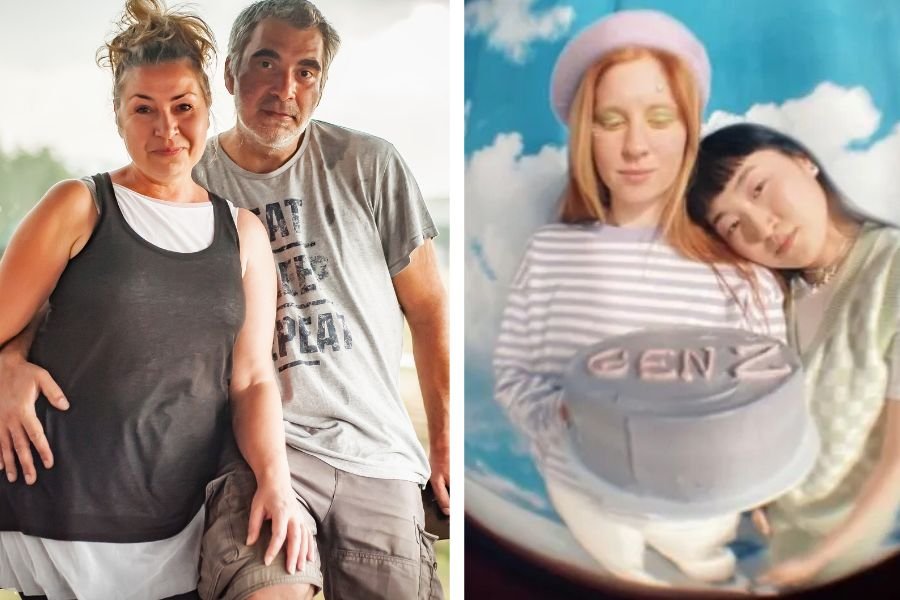Montel Williams is a man of many talents, he’s the former host of TV’s “The Montel Williams Show” which ran for 17 years, radio’s “Montel Across America,” and has acted on countless television shows.
He served in the U.S. Navy and Marines and was honorably discharged after 15 years of service.
Williams has also been a tireless advocate for veterans, people with multiple sclerosis (MS), and medicinal cannabis.
But his greatest talent may be his perseverance. In 1999 he was diagnosed with multiple sclerosis and has managed to maintain a busy career as a talk show host and advocate.
Now, he has teamed up with Novartis and the Multiple Sclerosis Association of America for its new campaign My MS Second Act. The goal of the program is to encourage people with MS to share their stories to help others face the disease with confidence, hope, and a resounding voice.

MS survivors can download the My MS Second Act digital storytelling tool kit for tips on how to best present their story, then post the final video on the Talk SPMS Facebook page.
Storytelling is a powerful tool to help people with MS learn how to live with a disease that can be erratic. It also allows people with MS to expand their perceptions of the disease and relate with other sufferers.
The stories also allows people to better understand the progress of the unpredictable disease.
RELATED: If Americans understood how absurd our system is, we’d all be demanding universal healthcare
“Multiple sclerosis can be a very isolating disease, so the need to connect with others is especially critical for the MS community,” said Amanda Montague, Vice President of Education and Healthcare Relations, MSAA.
“We encourage those living with MS to recognize their MS progression and use the My MS Second Act storytelling toolkit to share their stories, have more meaningful conversations with their healthcare providers and inspire others living with MS to do the same,” Montague continued.

Upworthy got the chance to speak with Williams about his personal journey with MS, the power that comes with sharing our own stories, and why he has hope for the future.
Upworthy: What were the first MS symptoms you experienced?
Montel Williams: I should have been diagnosed back in 1980 when I was a senior at the Naval Academy. I went blind in my left eye and experienced some other odd neurological blips like left-side weakness and some numbness spots in my body that couldn’t be explained.
UP: It took nineteen years of enduring these symptoms before you were diagnosed in 1999. Was that due to the lack of MS research at the time?
MW: I think people still go through that now but not to the same extent. Back then, doctors thought it was a disease that primarily affected caucasian women of northern European descent, not African Americans.
In fact, if you go back and look at it, the only African-American person that made the news was Lola Falana who got diagnosed with MS and then, after her, Richard Pryor, but his diagnosis was incorrectly attributed to his drug use.
Now, you look at family lineage, I am biracial. my mother was half Caucasian, and her mother was from Scotland and Ireland. So, I kinda fit the profile. But back then no one possibly thought that an African-American male could be diagnosed with MS.
RELATED: Firefighters grant dying forest ranger’s final wish to visit the woods one last time
UP: How would your life have been different if you were diagnosed back in 1980?
MW: I was fortunate that it was misdiagnosed because I literally would have been pulled off active duty. Back then, the military didn’t allow you to be on active duty with MS. I probably wouldn’t be the same person that I am today. Had the diagnosis come down in 1980, I would not have been commissioned as a naval officer. I wouldn’t have had the background that led to starting my own talk show.
A diagnosis of MS in 1980 was entirely different that a diagnosis in 2020. In 1980, the only thing doctors would say is “Go home and die.”

UP: My MS Second Act is all about allowing people to share their stories. What’s the best message one can receive after receiving an MS diagnosis?
MW: It’s the fact you’re not alone. If we go back into the past, this is a disease that people lost their jobs and families over. You went home and told your husband or wife you have MS and they’d walk out the door on you.
I’ve had the ability to not just exist with MS but I’ve been able to thrive with MS. There are so many more stories like mine out there that aren’t talk show hosts or celebrities, but people who show they’ve been thriving since the day the doctor said those words, “You have MS.”
Up: You’ve mentioned that people with MS have had to endure discrimination. What is that prejudice rooted in?
MW: It’s really rooted in ignorance and I don’t say that as an aspersion, I say it’s a lack of knowledge. That’s what so good about My MS Second Act, it’s not just for the MS survivor. It’s also for their family, caregivers, and physicians.
UP: When you were diagnosed did anyone share their MS story with you?
MW: Unfortunately, no. When we go back in time, in say 1999, the number of people who came forward and spoke about MS were very few and far between. If you look back to when Richard Pryor was diagnosed with MS they blamed it on his drug use. People were afraid of coming forward and being labeled a crackhead. “No. it’s not that I’m a crackhead. It’s a neurological disorder.”
We’re just now putting together programs that allow people to be proud can be proud and say, “I have MS, but MS won’t have me.”
UP: Are there any stories you’ve heard through My MS Second Act that have had a profound effect on you?
MW: Today, at our formal launching of the program, we had three MS survivors who shared their stories with an audience. They were profound in the fact that their diseases manifest in different ways but each one was hopeful about tomorrow. That’s one of the most important things about My MS Second Act, it’s based on hope.
Up: What gives you hope?
MW: The first day that I got diagnosed I realized that I have MS but I don’t have to let MS have me. I’m the same person that walked in and walked out of the doctor’s office. That person who walked into the office looked forward to tomorrow. I walked out of that office in 1999 and I still have hope for tomorrow.
I know that no matter what this disease throws at me, I can handle it. As long as I pay attention, gain as much knowledge as I can possibly get, which means listening to the stories of other people, and reading about the most recent information. Knowledge is king. Having more knowledge is what will set you free and help you maintain the course that you’re on. I look at tomorrow is another opportunity to do something successful.



































